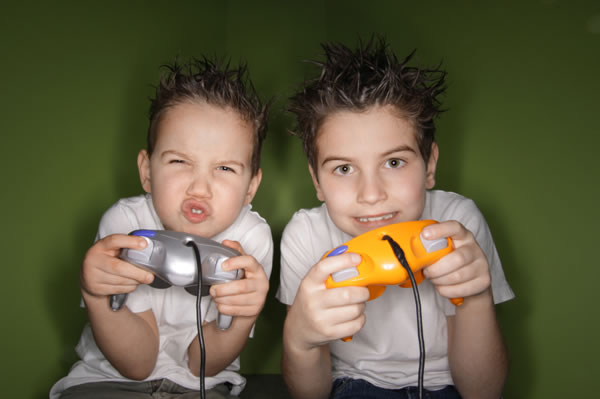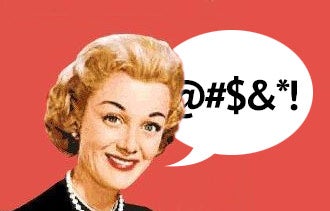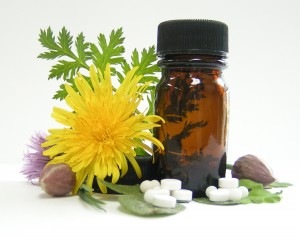
http://media2.s-nbcnews.com/j/streams/2013/September/130919/4B9066327-1C4361387-melissa-dahl7ED84F45-8160-D807-4662-8305277D5743.blocks_desktop_medium.jpg
University of Colorado researchers set up an experiment to test whether or not diet coke helps people lose more weight than water does. The experiment consisted of three hundred randomly selected individuals. These individuals were split up into two equal groups in which every single person received the same designated diet and exercise plan. The one difference between these two groups, is that one group was allowed to consume a zero calorie, diet soda everyday while the other group was only allowed to drink water. Now, the researcher’s original theory, according to Health Specialist and Researcher Kathy Walsh, was that “both groups should lose the same amount of weight since all of the drinks were calorie free. However, this was not the case. The study showed that, over the course of twelve days, the group that was allowed to consume diet soda lost an average of thirteen pounds, whereas the group that was only allowed to drink water lost an average of nine pounds. The researchers concluded that the consumption of a diet drink makes people less hungry and curbed their appetite, therefore, drinking diet drinks is a helpful tool in weight loss.
However, I don’t think this study is an effective or accurate test of the researcher’s theory. One of the most important factors when conducting a reliable experiment is to randomly select a large number of people that could essentially represent a larger population.This study only consisted of three hundred people and not only is this number small, but each of the test group only consisted of half of this number, which means each group only had one hundred and fifty people that were supposed to accurately represent our population. Also, the difference in weight loss doesn’t seem to be that significant in comparison, it’s only a measly four pound differentiation. But I do think that it is a possibly that the additional weight loss could be due to the fact that the group was consuming a caffeinated beverage. It is widely known that caffeine speeds up metabolism and causes the body to urinate more frequently, therefore tending to lead to dehydration. I believe that if the weight could differ just because the diet drink group is getting dehydrated and losing that additional water weight. Also, another possibly is that the caffeine in the diet soda drinks is making the diet drink group more productive at exercising. It’s commonly said that consuming caffeine before you exercise makes you exercise more productively, therefore making you lose more weight.
In conclusion, I do not think that the results and reasoning behind this experiment is reliable because there are many reasons why this additional four pounds could be lost, mind you none of these ways are even remotely healthy because the additional consumption of an artificial sweetener deteriorates your health.
http://denver.cbslocal.com/2014/05/27/cu-study-diet-beverages-better-for-losing-weight-than-water/











